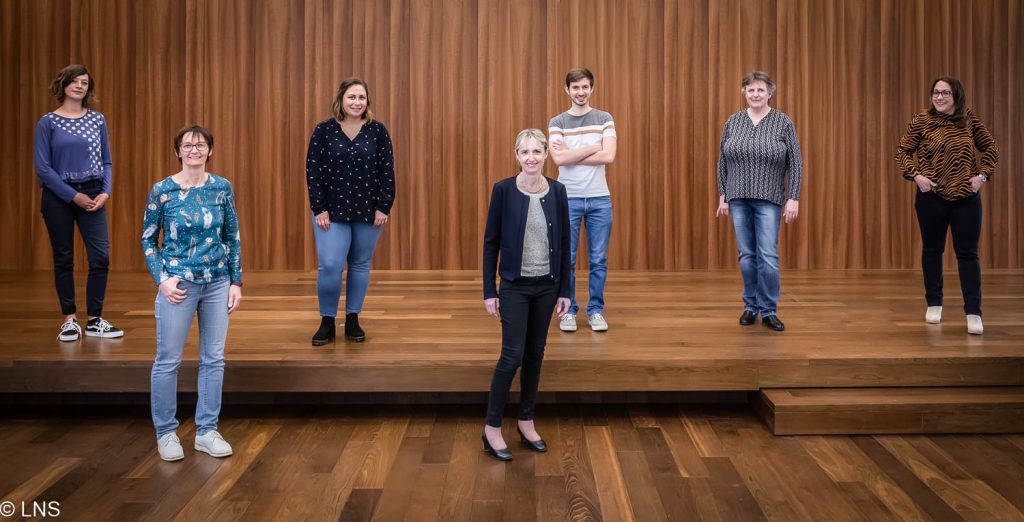From classical bacteriology to specialised analyses of strains
Since long active in the field of infectious diseases for the diagnosis and treatment of bacterial, mycological and parasitic infections, the service has seen its activities change over the years: specialized analyses have overtaken routine, methods of molecular biology have been developed further, both for diagnosis and for the characterisation of pathogens and determination of antibiotic resistance mechanisms. 2016 saw the disappearance of parasitology and a concomitant increase in the analysis of strains. As a result of this development, the service has changed its name to the current one: bacteriology, mycology, antibiotic resistance and hospital hygiene unit.
Clinical, epidemiological and public health activities
From a clinical point of view, we are active in the analysis of mycobacteria (tuberculosis agent or atypical mycobacteria). The laboratory is the only one in the country to carry out these analyses and thus acts as a national reference laboratory. In terms of mycology, there is the investigation of dermatophytes using conventional cultures and PCR1. We should also mention diagnostics of sexually transmitted infections for the Family Planning Centres, pulmonary samples cultures and PCR, and expert analysis of various samples.
From an epidemiological and public health point of view, we are monitoring gastro-enteric pathogens such as Salmonella or Campylobacter, doing phenotypic and molecular characterisation of pathogens of interest, such as Staphylococcus aureus resistant to methicillin (MRSA) and finally detecting Legionella in the public water supply.
Internationally recognised expertise with dual accreditation
Internationally, the service participates in several European working groups in areas as varied as gastro-enteric pathogens, antibiotic resistance and mycobacteria analyses.
It has been named a ‘Nominated National Expert Laboratory’ by the European Centre for Disease Prevention and Control (ECDC) for several activities.
Finally, the service is the first at the LNS to have obtained dual accreditation: ISO/IEC 17025: 2007 for identification, serotyping and antibiogram activities on non-human salmonella strains and ISO 15189: 2012 for human strains. Since 2016, it has also been accredited for diagnostic activities dealing with sexually transmitted infections.

1 PCR ‘Polymerase Chain Reaction’ is a method in molecular biology that allows an increase in the laboratory, by duplication, of the number of copies of a DNA sequence to a detectable level.





